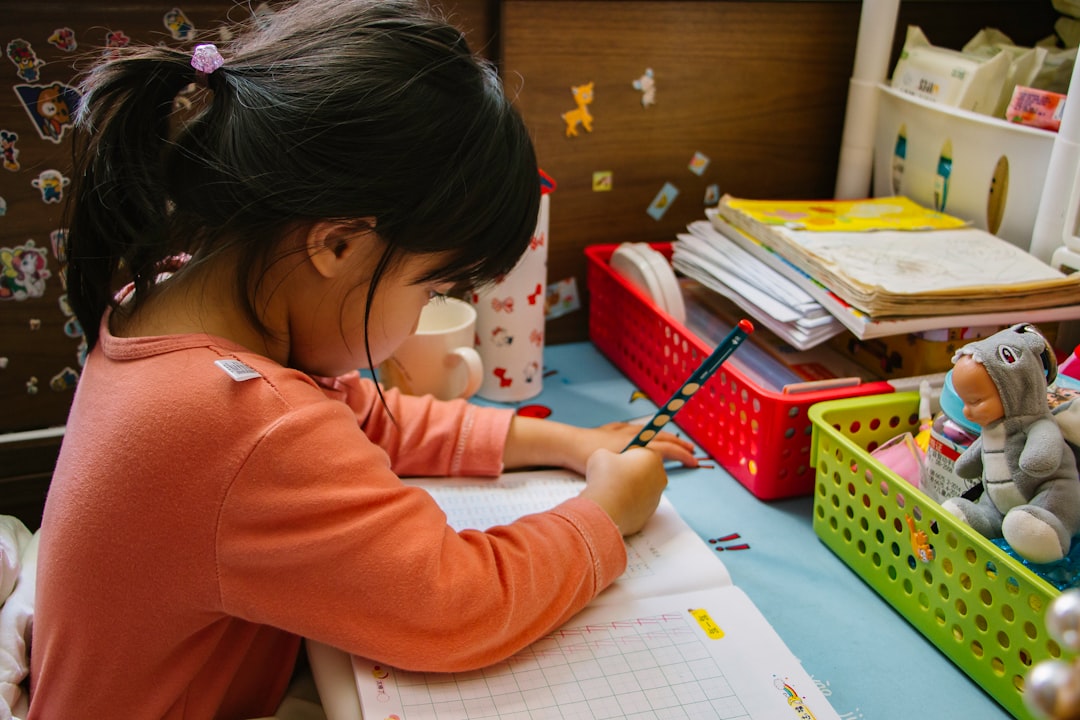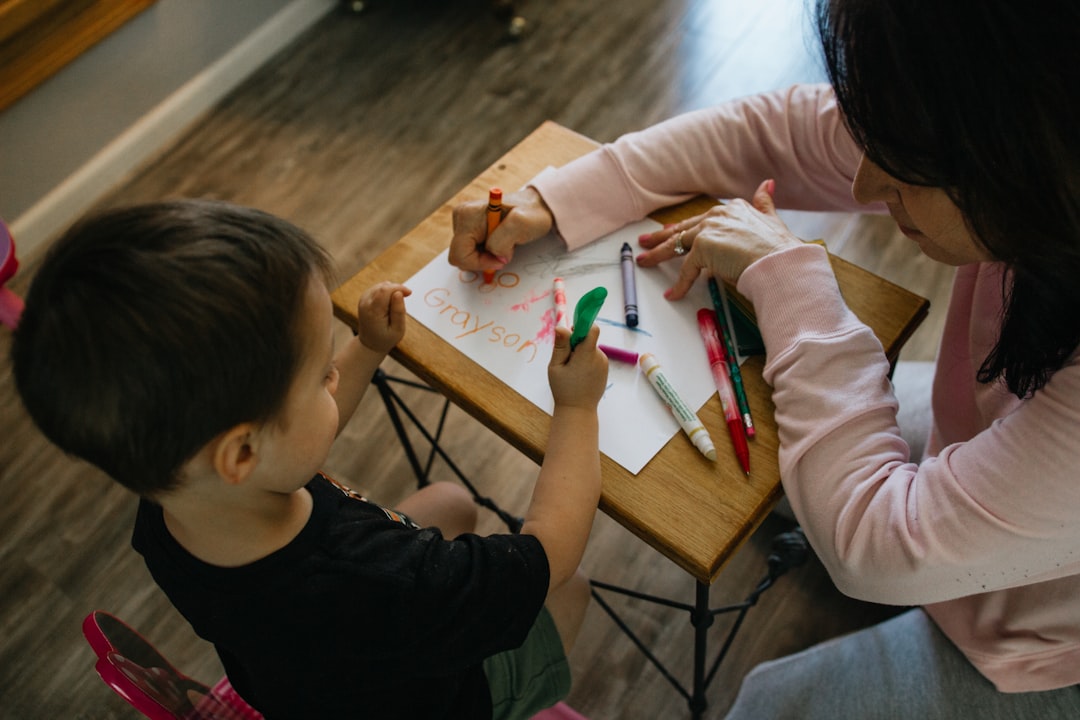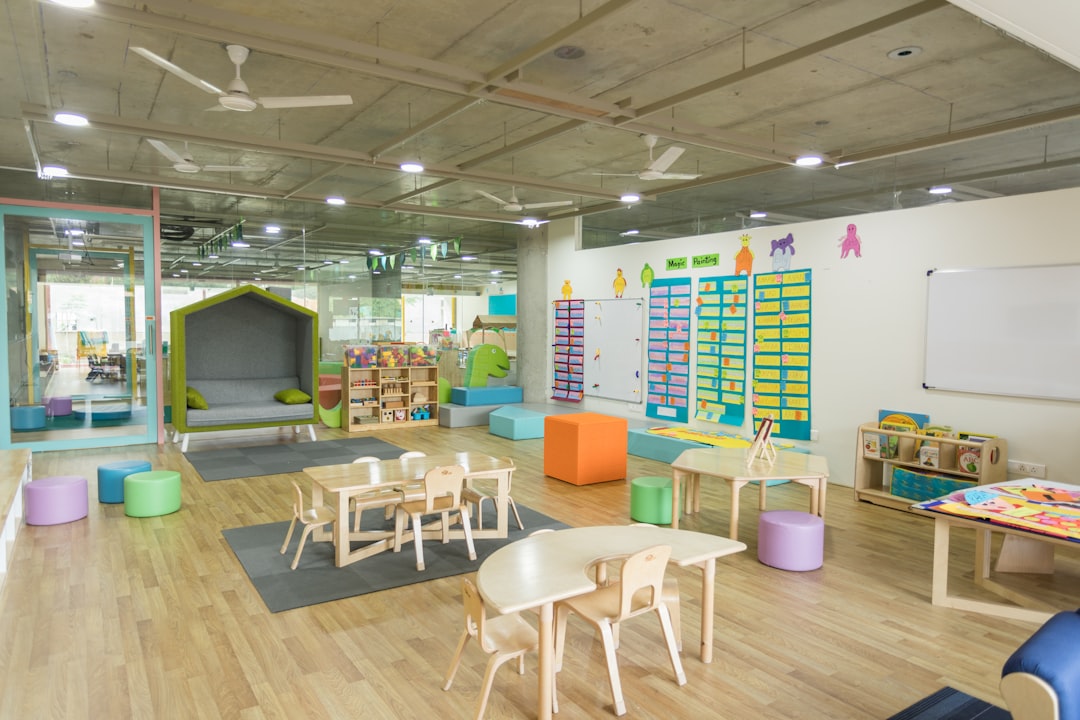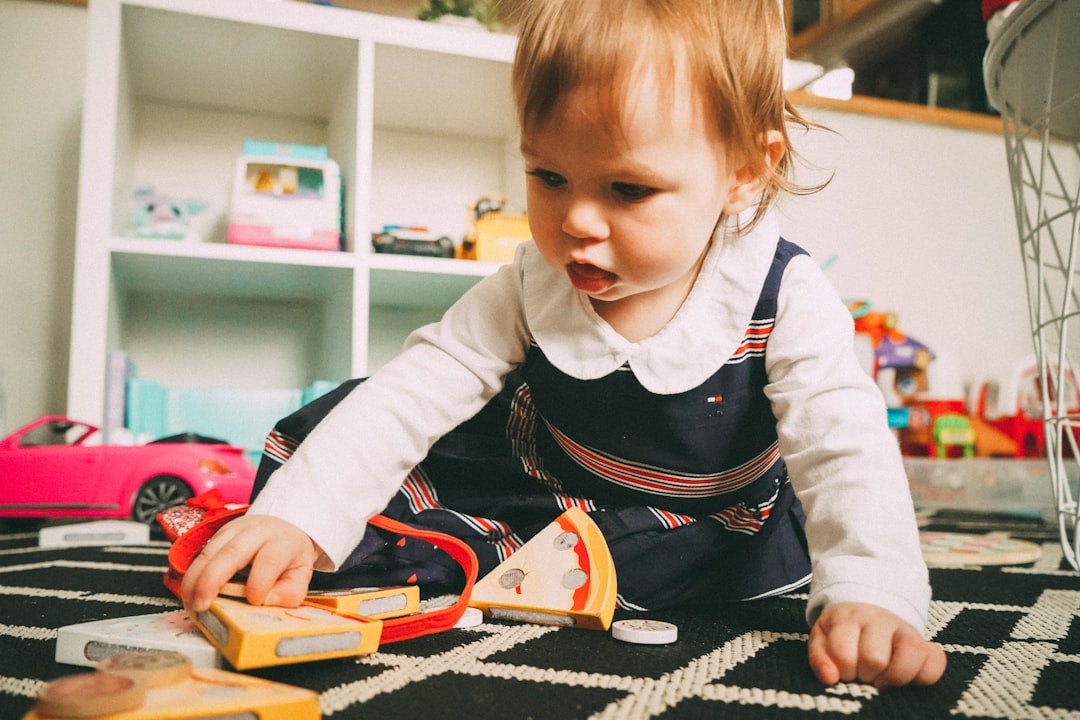In recent years, growing concern over increasing daycare abuse cases in Washington State has prompted a push for solutions. Statistical data from local daycare abuse law firms reveals a rise in physical, emotional, and sexual abuse within childcare facilities, highlighting the urgent need for cultural competency in addressing these issues. A focus on cultural competency is crucial for daycare abuse law firms in Washington to navigate complex cases involving diverse ethnic origins. This skill set ensures effective legal representation, builds trust with families, and offers safe, nurturing care in a multicultural state. Systemic challenges include unreported cases, language barriers, and a lack of standardized protocols, emphasizing the need for enhanced communication, culturally competent practices, and comprehensive education to protect children in daycare centers.
In recent years, there’s been a growing concern over the rise of daycare abuse cases in Washington State. This issue demands immediate attention, especially considering cultural complexities within the state’s diverse population. A daycare abuse law firm in WA highlights the critical need for cultural competency in addressing these problems. This article explores current challenges and proposes strategies to enhance cultural understanding, aiming to protect vulnerable children and improve existing systems to combat daycare abuse effectively.
The Rise of Daycare Abuse Cases in Washington State

In recent years, there has been a growing concern regarding daycare abuse cases in Washington State. The rise in reports has prompted many to seek answers and solutions, leading to increased awareness about this critical issue. According to statistics from various daycare abuse law firms in Washington, instances of physical, emotional, and sexual abuse within childcare facilities have significantly escalated, highlighting the urgent need for cultural competency in addressing these cases.
The complexity of daycare abuse often lies in its intersection with diverse cultural backgrounds, languages, and beliefs. Understanding these nuances is essential when navigating legal proceedings and ensuring justice for victims. A daycare abuse law firm in Washington State must be equipped to handle cases that involve families from various ethnic and cultural origins, requiring a deep sensitivity to their unique perspectives and needs. This cultural competency ensures effective communication, builds trust, and allows for more accurate assessments and resolutions of these sensitive matters.
Defining Cultural Competency in the Context of Child Care

Cultural competency is a crucial aspect of addressing issues like daycare abuse, especially in diverse communities across Washington state. In the context of child care, it refers to the ability to understand, respect, and effectively interact with families from various cultural backgrounds. This involves recognizing and appreciating the unique beliefs, values, and practices that shape how parents approach childcare and discipline. With a growing multicultural population in WA, daycare centers and providers must be equipped to navigate these differences to ensure every child receives safe and nurturing care.
A daycare abuse law firm in Washington highlights the significance of cultural competency as a protective measure. By embracing cultural awareness, caregivers can prevent misunderstandings and create an inclusive environment that respects individual family dynamics. This is particularly vital when dealing with sensitive topics related to child welfare, ensuring that interventions are culturally sensitive and effective while fostering trust between care providers and families from diverse ethnicities, religions, and social backgrounds.
Challenges and Gaps in Existing Systems to Address Daycare Abuse

The current system to address daycare abuse in WA faces several challenges and gaps, highlighting the complex nature of this issue. Despite efforts from various stakeholders, including daycare centers and local authorities, incidences of abuse often go unreported or are not adequately addressed due to a lack of standardized protocols and cultural understanding. Many families, especially those from diverse ethnic backgrounds, face language barriers and a lack of trust in legal systems, hindering their ability to seek help.
Furthermore, the existing response mechanisms may be limited in their reach and effectiveness. Gaps in training for childcare workers and educators on recognizing and reporting abuse, coupled with inconsistent enforcement of daycare abuse laws, create an environment where potential red flags go unnoticed or are ignored. A daycare abuse law firm in Washington notes these systemic issues, emphasizing the urgent need for improved communication channels, culturally sensitive practices, and comprehensive education to ensure the safety and well-being of children in their care.
Strategies for Enhancing Cultural Competency to Combat Daycare Abuse

Cultivating cultural competency is a multifaceted strategy to combat daycare abuse effectively. It involves understanding and respecting diverse cultural backgrounds, beliefs, and values within the community. In Washington state, where cultural diversity is thriving, a holistic approach is essential. This includes training childcare providers and staff to recognize and address cultural nuances that might impact how children express distress or trauma. By fostering an inclusive environment, daycare centers can create safe spaces for all children, regardless of their background.
A key aspect of enhancing cultural competency is collaboration with local communities and cultural organizations. Engaging parents and caregivers from diverse ethnic groups can provide valuable insights into specific cultural practices and potential indicators of abuse. Additionally, consulting with legal experts specializing in daycare abuse laws in Washington ensures that interventions are not only culturally sensitive but also legally sound. This partnership approach enables the development of tailored strategies to protect vulnerable children while respecting their families’ unique cultural contexts.






